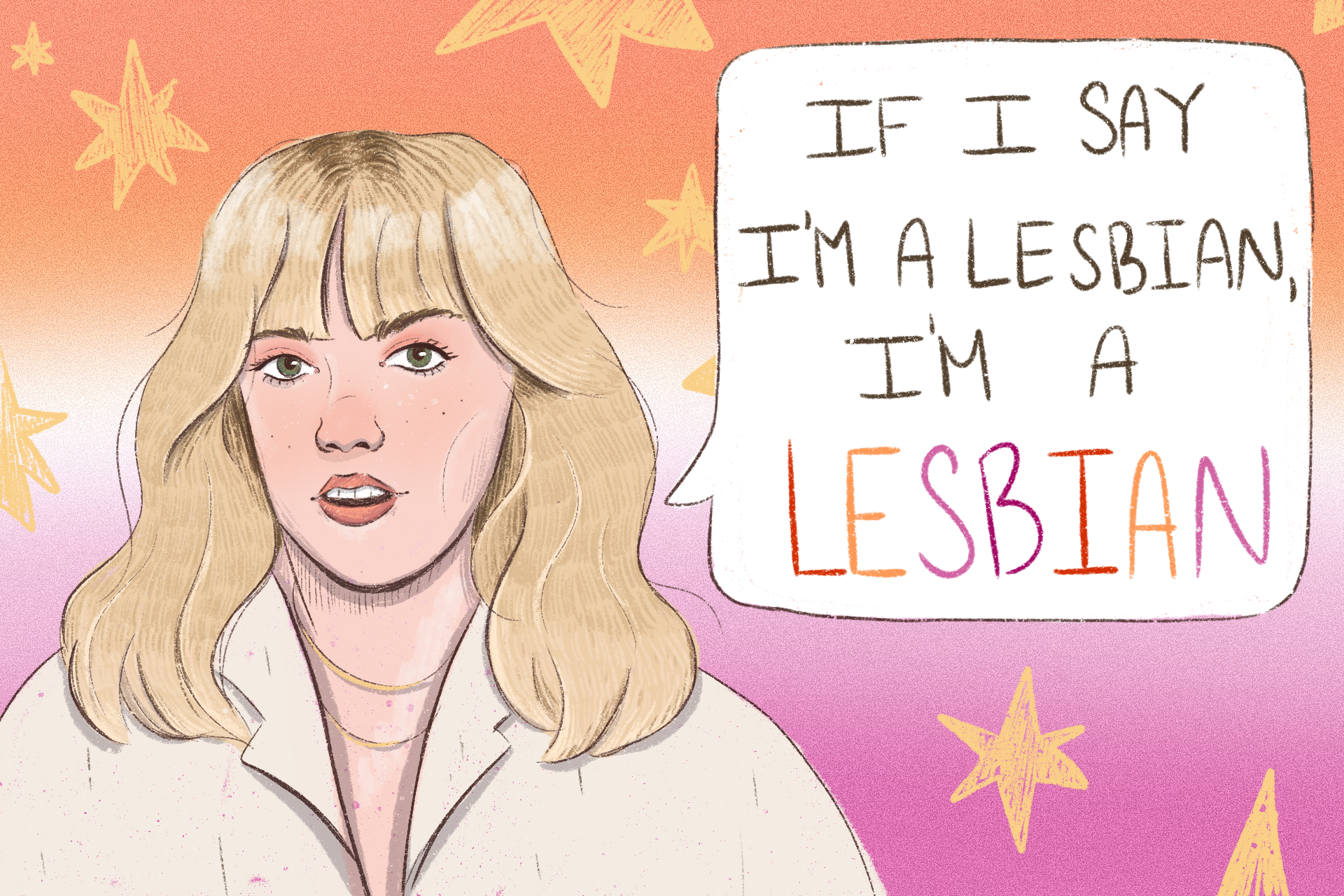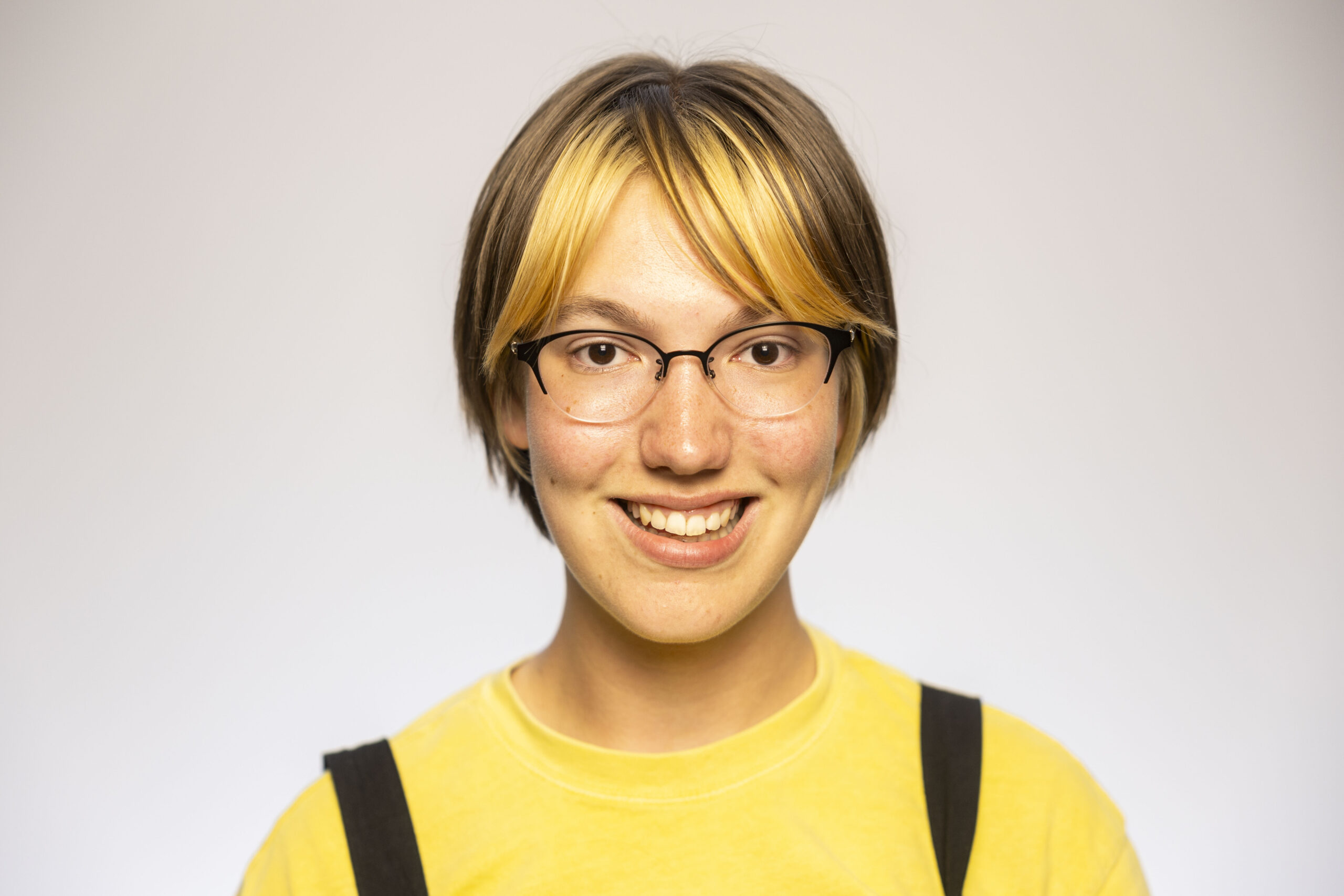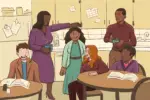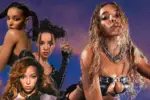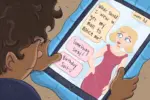Despite an emphasis on the public coming out in terms of the queer experience, the public is often likely to not take it seriously regarding lesbian women, especially those who previously dated men.
Although not frequently mentioned in television or TV shows, if at all, the idea of a Gold Star Lesbian still hangs over public consciousness about what a lesbian is and/or should be.
For those unfamiliar, Gold Star Lesbian is a term used to describe lesbian women who have never had sex or relationships with men. Although not its intended impact, the term acquired an implication that Gold Stars were better lesbians than those who experimented with men, implying that if they were true lesbians, they shouldn’t have needed to experiment with men in the first place.
A 2017 article by nonbinary lesbian Kay Samuel labels the mindset as toxic in its devaluing of the variety of experiences lesbians have including those who have experimented and those who are sexual assault survivors. Samuel also traces the term back to transphobic roots given the conflation of no-sex with men to never touching a penis and how many current users of the gold star system identify as trans-exclusionary radical feminists (TERFs).
Many lesbians learned about the Gold Star label through early online forums and Tumblr, leading them to identify with it and consider it an accomplishment. Many lesbians stop however because of the attached purity culture and the narrow requirements of what makes a lesbian.
The assumption of Gold Star lesbians as the only true lesbians is frequently questioned and dismantled in fiction with the portrayal of women figuring out their sexuality by experimenting.
These women will often try out sex with men before coming to the realization they’re lesbian.
A contemporary example of this is Leighton Murray from “The Sex Lives of College Girls” who following consistent hookups with women decided to have sex with a guy her close family pressured her into dating. Murray didn’t enjoy the hookup and felt more confident in her lesbian identity afterward. While the audience never questioned Murray’s sexuality through this experimentation period, the actress who plays her Renee Rapp wasn’t afforded the same courtesy.
Rapp, the actress-turned-singer recently took to the social platform “X” to address rumors about her sexuality definitively. In a tweet on March 25, Rapp wrote, “If I say I’m a lesbian, I am a lesbian.”
But when one looks back at any social media post, public appearance or interview that Rapp has given in the last year, her sexuality has never been vague or left up to the audience’s interpretation.
In a January interview with Andy Cohen, Rapp said “I don’t think I like boys” in reference to a story about visiting her ex-boyfriend’s family during the COVID lockdown. During an SNL Skit, Rapp is referred to as “our little lesbian intern Renee.”
Moreover, Rapp specifically utilized the word lesbian in a caption of a video of her lipsyncing to her song “Tummy Hurts”. The caption “writing this and then coming out as a lesbian, I contain multitudes” sets up a chronology between the events and rejects a conflation of the lyrics of the song towards Rapp’s sexuality. The song “Tummy Hurts” differs from the vast majority of Rapp’s discography with lyrics like, “my tummy hurts, he’s in love with her,” that emphasize a man’s affections rather than a woman’s. The caption “I contain multitudes” can also be linked to the famous American poet Walt Whitman, a gay man, and his poem “Song of Myself.”
The posting of Rapp’s lesbian tweet also indicates the reality that if someone changes what they identify as, then their coming out never stops. Yes, Rapp initially identified as bisexual, but that doesn’t negate the fact that she is a lesbian, regardless of the time it took her to realize it.
Coming out is scary enough, but to have to continually reassert your identity to the public only for them to refute it is worse. Thankfully, Rapp’s experience is not universal, and many female artists who come out as lesbian after identifying under a different queer identity have had positive experiences.
Singer-songwriter Kehlani came out as a lesbian in 2021, after years of identifying as queer and bisexual. Although met positively, it is worth noting how her period of bisexual identification was met with frequent questioning from fans. Back in 2018, Kehlani said she never identified as a lesbian and fans jumped to that conclusion when seeing them date another woman. In a TikTok post following her lesbian coming out, Kehlani explained how in reaction to the news, her close family and friends weren’t surprised and suggested that they already knew. While people may have their suspicions, sexuality is an innate thing and people can’t fully know what other people are without being told.
Often, celebrities choose to keep their dating life out of the spotlight, especially regarding queerness, such as actress and painter Lucy Liu. Liu has dated men in the past and has also created lesbian expressionist pieces under the pseudonym Yu Ling. Her art career led to speculation on Liu’s sexuality, but her sexuality is her business. It is fully Liu’s choice if she wants to come out, and only she knows if there is even something to disclose.
As an audience, we are not owed information about celebrities’ sexualities if they want to keep it private. Privacy is fully within their rights if they choose it, and if they do choose to come out to the public as part of the LGBTQ+ community, audiences should respect that. There shouldn’t be refutations or questioning of an artist’s sexuality.
As Renee Rapp tweeted:
if I say I’m a lesbian I am a lesbian and if someone says they’re bi they are bi I’ve had enough of you witches
— RMJ (@reneerapp) March 25, 2024


